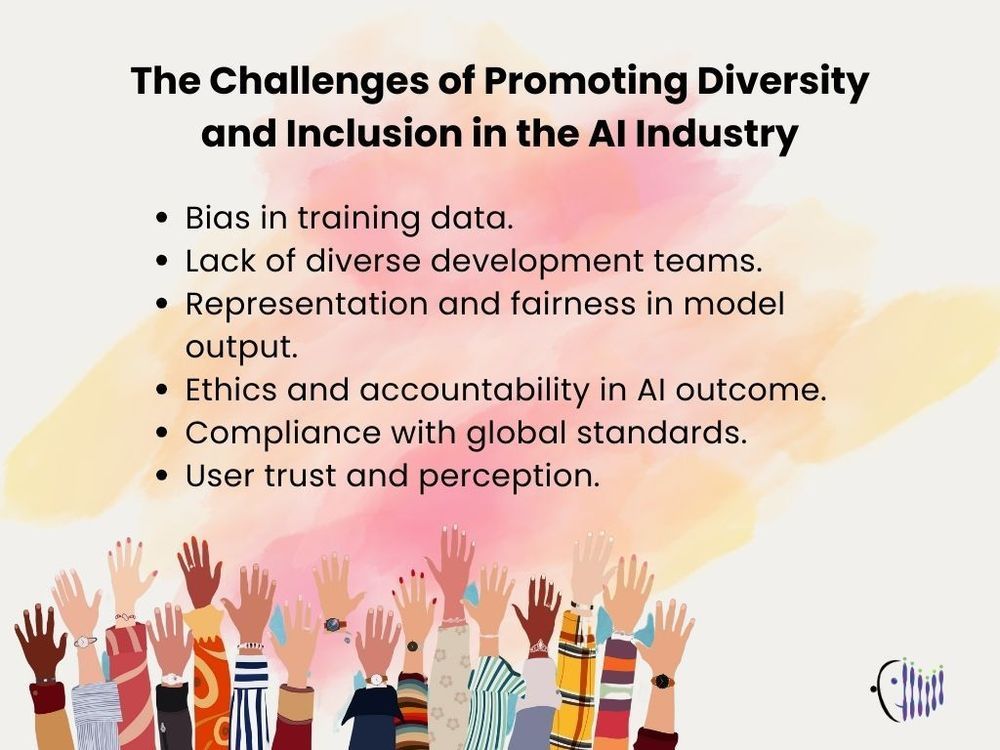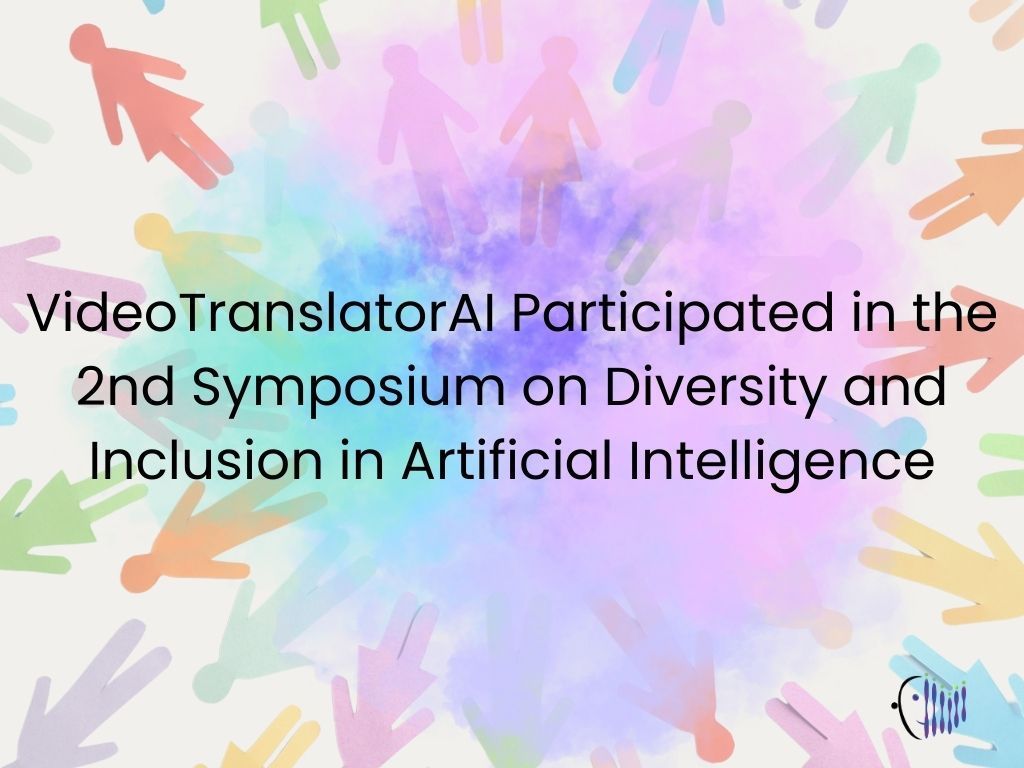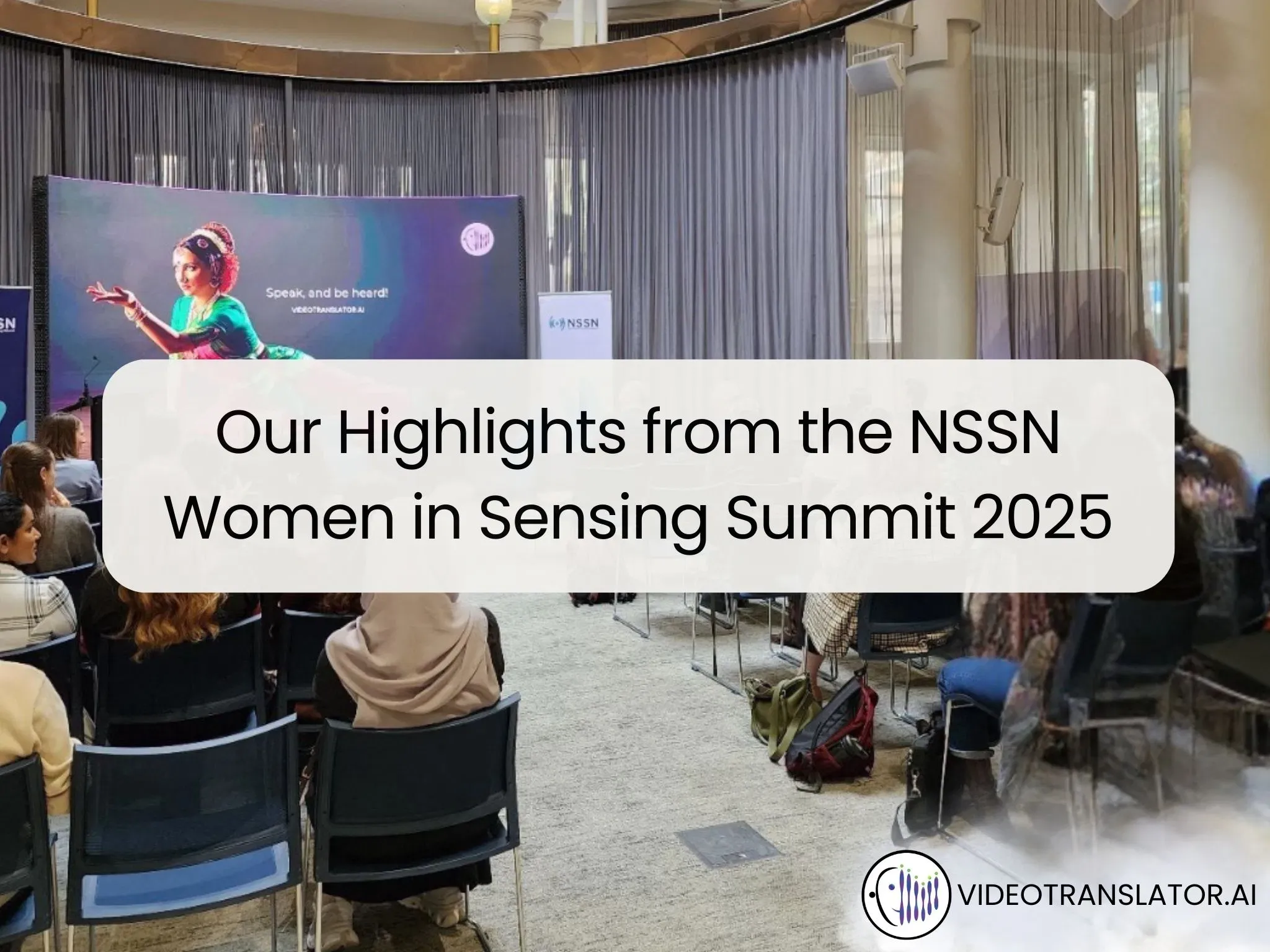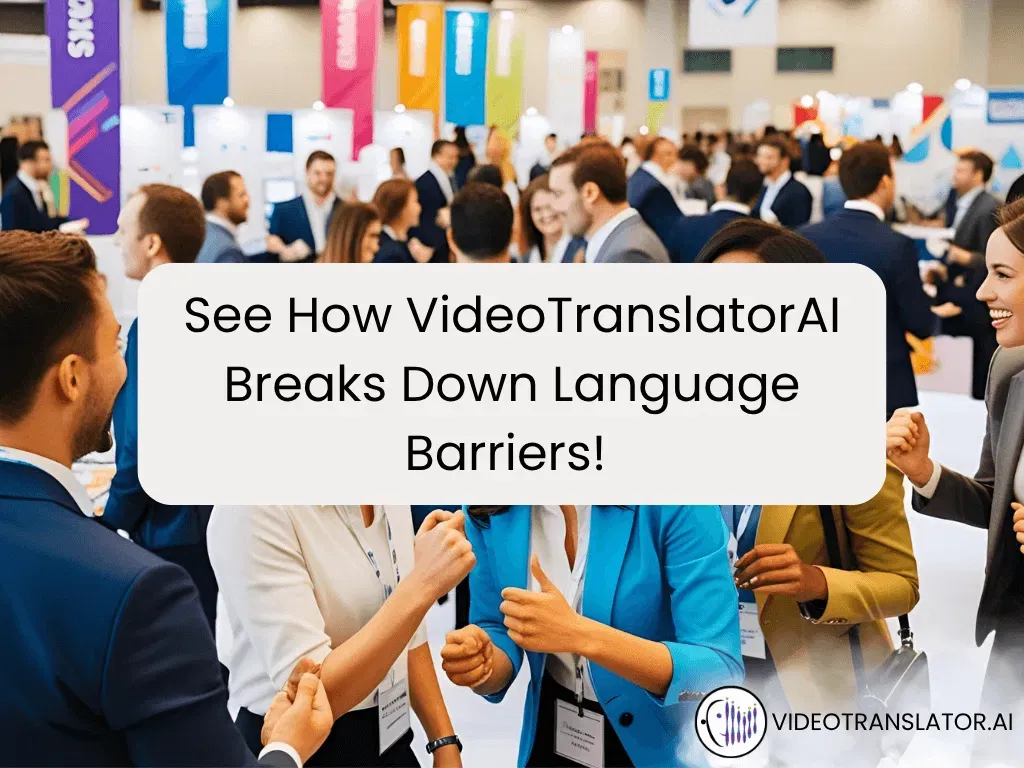On November 14, 2024, VideoTranslatorAI proudly participated in the 2nd Symposium on Diversity and Inclusion in Artificial Intelligence.
About the 2nd Symposium on Diversity and Inclusion in Artificial Intelligence
The 2nd Symposium on Diversity and Inclusion in Artificial Intelligence was held virtually from November 14th to 15th, 2024. This symposium brought together leading voices from academia, industry, government, and beyond to share insights on promoting diversity and inclusion in AI.
Organised by the Diversity and Inclusion in AI research team at CSIRO’s Data61, with guidance from esteemed professionals, including Prof. Didar Zowghi, Dr. Muneera Bano, and Dr. Rifat Ara Shams, the event provided a platform for exchanging innovative ideas and fostering a network dedicated to making AI technology more inclusive.
Keynote Highlights: AI as a Tool for Human Rights
The keynote address was delivered by Lorraine Finlay, Australian Human Rights Commissioner, who said, “Artificial Intelligence: Friends or Foes?”
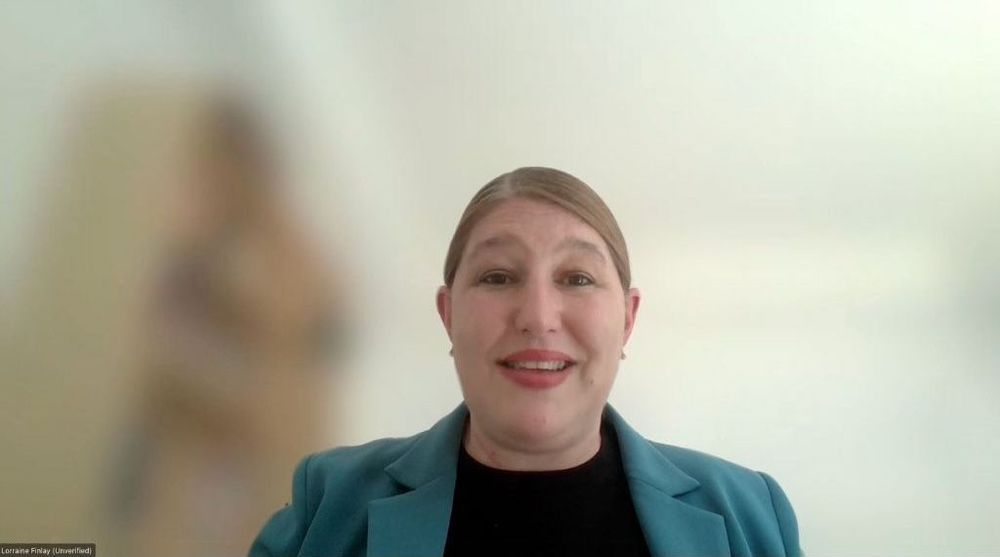
She posed an essential question to the audience about the role AI will play in our society: “The key message I wanted to express today is that whether AI and human rights become friends or foes, whether AI is used to empower and promote diversity or to undermine it, depends on the actions we choose to take now and in the future. Each of us is a steward of this technology, and our choices in its development, implementation, and governance will determine AI’s role in society for generations.”
Finlay’s speech emphasised that AI must serve humanity. By prioritising ethical and inclusive practices, we can build a fairer and more equitable AI-driven world.
Insights from VideoTranslatorAI’s Director
Our director, Tat Banerjee, presented at the symposium on “Bridging Language Gaps with AI Translation.”
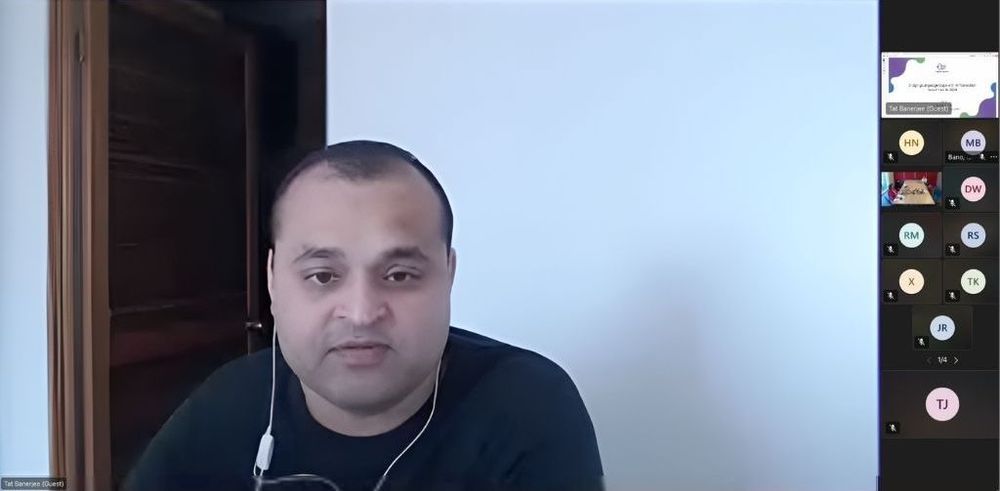
He emphasised VideoTranslatorAI’s commitment to responsible AI design and development, aiming to create ethical, culturally sensitive solutions that effectively address the needs of culturally and linguistically diverse (CALD) populations.
Banerjee highlighted that VideoTranslatorAI’s solutions are designed to augment and expand existing translation services, increasing their reach and capacity to serve diverse communities more effectively.
The Diversity and Inclusion Challenges Facing the AI Industry While AI holds great promise for promoting diversity and inclusion, the industry still faces several critical challenges:
- Bias in Training Data: Generative AI models are only as reliable as the data they are trained on, yet these data sources often contain historical biases that can unintentionally perpetuate societal inequities.
- Lack of Diverse Development Teams: Without diversity within AI development teams, important considerations in data curation, model design, and evaluation may be overlooked, resulting in biased outcomes.
- Representation and Fairness in Model Output: Many AI models struggle to accurately capture linguistic, cultural, and regional nuances, often leading to issues in audio transcription, text translation, and voiceover quality.
- Ethics and Accountability in AI Outcomes: When AI reproduces offensive stereotypes or misinformation, it can harm marginalised communities, so ethics must be a priority.
- Compliance with Global Standards: Companies must meet diverse regulatory standards worldwide that address data protection, bias prevention, and inclusion.
- User Trust and Perception: As users become more aware of AI’s potential biases and privacy concerns, building and maintaining trust is essential to AI adoption.
